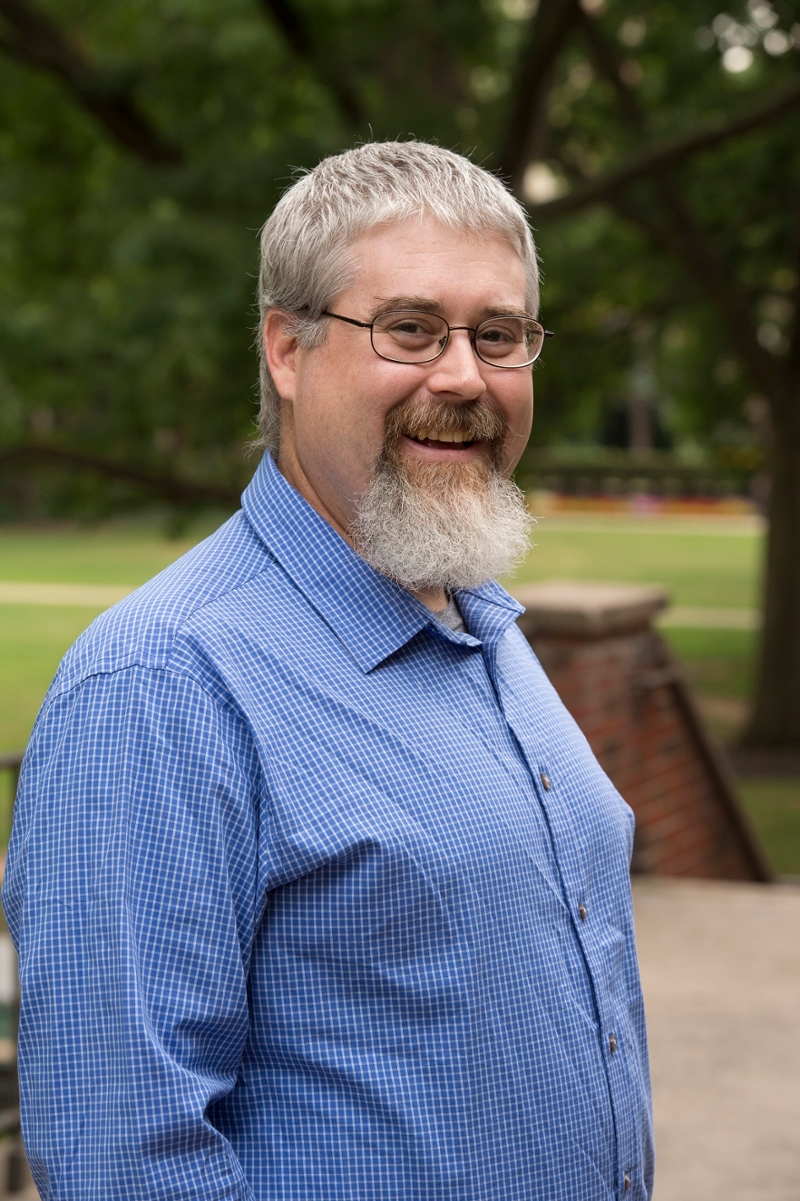
Download Image: Web
Bob Smith, Ph.D., assistant professor of biology at Lycoming College and Clean Water Institute research associate, was recently selected to participate in the Quantitative Undergraduate Biology Education and Synthesis (QUBES) Faculty Mentoring Network (FMN) for “Reducing Barriers to Teaching with R in Undergraduate Biology” and to serve as Chair for the Mid-Atlantic Chapter of the Society for Freshwater Science.
Through his participation with the QUBES FMN, an organization with the goal of advancing effective techniques for quantitative biology education, Smith implemented lessons introducing students to quantitative biology and the R statistical program. The ability to use the R statistical program is increasingly required for undergraduate internships and employment. It is also useful for undergraduate and graduate research.
Smith’s lesson, which will be included in a formal library for use by other teachers, instructs students on R’s ability to model ecological processes. In addition to this, the FMN also gave Smith valuable insight into how to teach quantitative and computational topics in his classes including how to teach the basic functionality of R to undergraduate students in Ecology.
As the Chair of the Mid-Atlantic Chapter of the Society for Freshwater Science, a society that serves those with broad interests in the conservation of freshwater environments of the Mid-Atlantic region, Smith will work to organize a regional academic meeting and provide opportunities for training related to regional issues in freshwater science and conservation. In his two-year term, Smith will fulfill the chapter goal of promoting opportunities for members to communicate their science to managers, practitioners, and policymakers tasked with conserving and restoring freshwater environments in the Mid-Atlantic region.
Smith is an aquatic ecologist who examines basic and applied questions about natural and human-impacted freshwater ecosystems. His research, which is rooted in basic ecology and has applications for restoration and management of aquatic systems, includes collaborations with researchers from the U.S. Geological Survey, University of Massachusetts-Amherst, The City of Austin (Texas), and The Illinois Natural History Survey. Smith is currently collaborating with undergraduates on research examining the coevolution of behavioral and morphological traits related to dispersal in stream insects and the effects of urban land use on stream ecosystems. He has particular expertise in the biology of stream insects, regularly delivers guest lectures about the ecology of aquatic systems, and conducts outreach events for primary and secondary school students about aquatic entomology and biology.